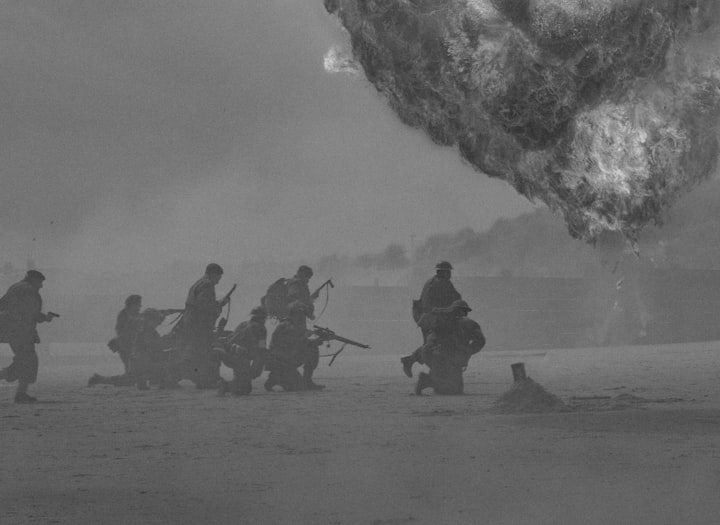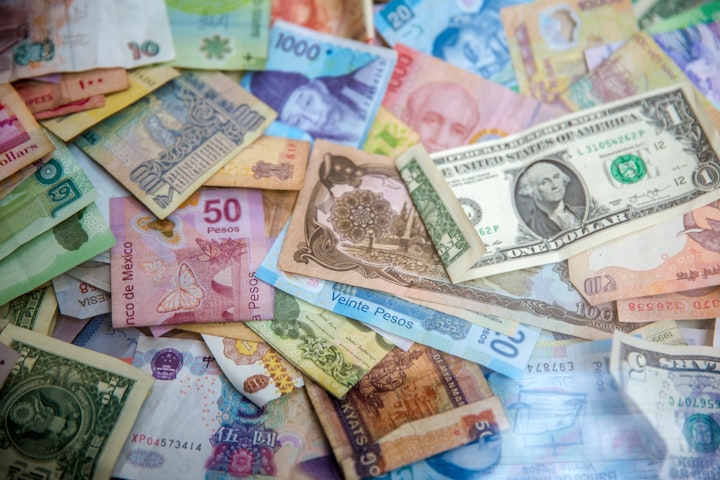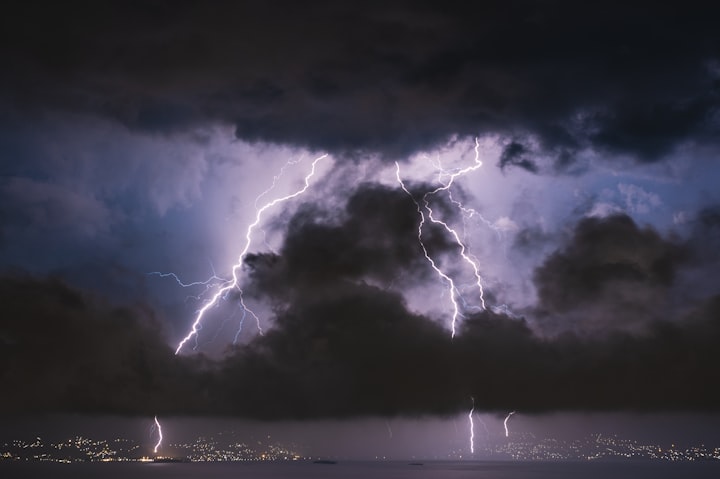
The First World War was a global conflict that lasted from 1914 to 1918. It was one of the deadliest wars in human history, with an estimated 9 million soldiers and 7 million civilians losing their lives. The war involved the majority of the world's nations, including all of the great powers, eventually forming two opposing military alliances: the Allies and the Central Powers.
The spark that ignited the war was the assassination of Archduke Franz Ferdinand of Austria-Hungary by a Serbian nationalist on June 28, 1914. This event set off a series of diplomatic and military events that quickly escalated into a global conflict.
The causes of the First World War are complex and varied. It was not just a single event that led to the outbreak of war, but rather a combination of political, military, economic, and social factors. The system of alliances and the arms race between the great powers also contributed to the outbreak of war.
The first months of the war saw quick and decisive victories for the Central Powers, with Germany rapidly invading Belgium and France. However, the war soon settled into a pattern of trench warfare on the Western Front, with both sides entrenched in their positions and unable to make significant gains. The trench system stretched from the English Channel to the Swiss border and resulted in a stalemate that lasted for years. Despite numerous offensives, neither side was able to gain the upper hand and break through the other's defenses.
The war also saw significant battles on other fronts, including the Eastern Front, where the Russian Empire faced off against the Central Powers, and the Italian Front, where Italy fought against Austria-Hungary. In addition to these major theaters of war, there were also significant naval battles, such as the Battle of Jutland, which was the largest naval battle of the war.
The war had a profound impact on civilians. The global conflict resulted in food and resource shortages, as well as the displacement of millions of people. The war also saw the rise of totalitarian regimes, such as Nazi Germany and Soviet Russia, which would go on to play major roles in the events of the 20th century.
In 1917, the United States entered the war on the side of the Allies, providing much-needed resources and manpower to the effort. The tide of the war began to turn in favor of the Allies, and the Central Powers were eventually defeated. The Treaty of Versailles, signed on June 28, 1919, officially ended the war.
The aftermath of the First World War saw significant political and social changes. The Russian Revolution and the fall of the Ottoman Empire resulted in the creation of new states, while the rise of nationalism and self-determination movements led to the redrawing of national borders. The League of Nations was established in an effort to prevent another global conflict, but it ultimately failed in its mission.
The impact of the First World War is still felt today. The events of the war set the stage for the second World War, and its aftermath continues to shape the world in which we live. The war serves as a reminder of the devastating consequences of conflict and the importance of international cooperation and diplomacy in maintaining peace.
In conclusion, the First World War was a conflict that had far-reaching and lasting effects on the world. It was a war that tested the resolve of nations and individuals, and it serves as a cautionary tale of the dangers of nationalism and militarism. The lessons of the Great War continue to shape our world, and its legacy will be felt for generations to come.
About the Creator
IRINEL
I'm irinel and I'm a beginner article creator and I'd appreciate it if you take the time to read these articles!!






Comments
There are no comments for this story
Be the first to respond and start the conversation.